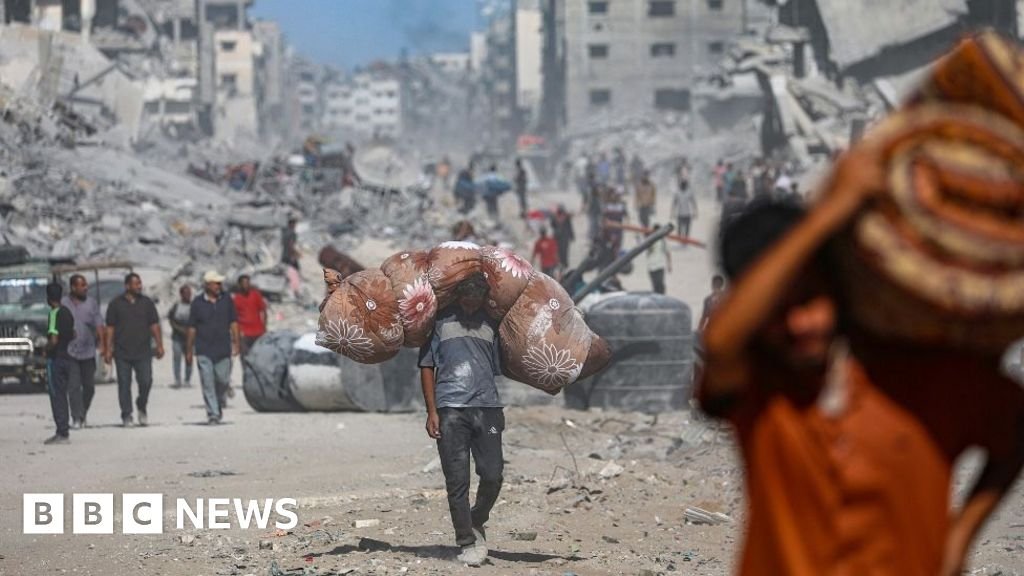
International forces don’t want to enforce Gaza peace, Jordanian king says
Fergal KeaneSpecial Correspondent
Jordan’s King Abdullah has told the BBC that countries asked to “enforce” peace in Gaza will refuse to deploy under the Trump ceasefire plan.
Under US President Trump’s 20-point peace plan, Arab states and international partners have pledged stabilization forces that will “provide training and support to vetted Palestinian police forces in Gaza and consult with Jordan and Egypt, which have extensive experience in the field.” Hamas is to disarm and relinquish political control of the region.
“What is the mandate of the security forces inside Gaza? And we hope it is peacekeeping, because if it enforces peace, no one wants to touch it,” King Abdullah said.
In an exclusive interview with BBC Panorama, he said Jordan and Egypt were willing to train Palestinian security forces.
“Peacekeeping means you’re sitting there supporting the local police force, the Palestinians, who Jordan and Egypt are willing to train in large numbers, but that takes time. If we’re running patrols around Gaza with weapons, that’s not a situation any country wants to be involved in.”
The king’s comments reflect the concern of the US and other nations about being drawn into an ongoing conflict between Hamas and Israel or Hamas and other Palestinian groups.
King Abdullah said he would not send Jordanian troops into Gaza because his country was “politically too close” to the situation. More than half of Jordan’s population is of Palestinian descent, and over the decades, the country has taken in 2.3 million Palestinian refugees fleeing previous wars with Israel – the largest number in the region.
Asked if he trusted Hamas to keep its promise to abandon any political role in Gaza, he replied: “I don’t know them, but those who are working very closely with them – Qatar and Egypt – feel very, very optimistic that they will follow through.”
“If we don’t solve this problem, if we don’t find a future for Israelis and Palestinians and a relationship between the Arab and Muslim world and Israel, we are doomed.”

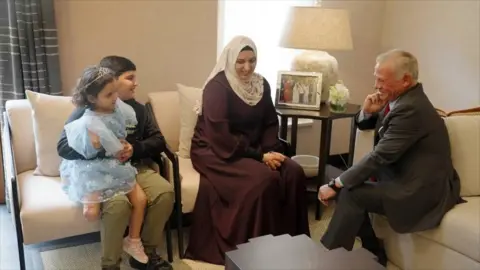
Qatar and Egypt have worked with the US on key mediation efforts during the war.
Jordan is part of an international effort to deliver aid to Gaza and evacuate sick and injured children. King flew over the region on three missions, parachuting aid supplies.
“Looking at the back ramp was just shocking,” he said. “The destruction of that part of Gaza was just a shock to me.
“I’ve seen it myself and it’s mind-boggling how we as an international community allow this to happen.”
The king asked President Trump for support in evacuating 2,000 critically ill Palestinian children from Gaza. Mr Trump called it a “beautiful gesture” during a White House meeting with Jordan’s monarch in February.
Since then, 253 children have been relocated to Jordan. In total, more than 5,000 people have been medically evacuated, mostly in Egypt, the United Arab Emirates and Qatar. More than 15,000 Gazans, including about 3,000 children, are still awaiting evacuation, according to the World Health Organization.
Children and their parents must undergo comprehensive security checks by Israel and the host countries before they can leave the region. The World Health Organization has described the process as “extremely slow”. The Israeli military group overseeing aid to Gaza – Kogat – places “great importance” on facilitating humanitarian aid to Gaza, including the evacuation of patients with “complex medical conditions”. It emphasizes the need for security checks for persons traveling through Israeli territory.

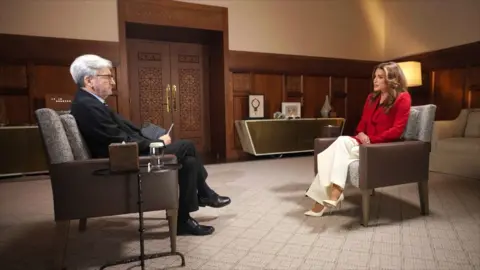
In her interview for Panorama, Jordan’s Queen Rania criticized the international community, which she said had failed to stop the two-year war.
“You know what it’s been like to be a parent in the last two years? To see your children suffering, starving, shaking in terror and not being able to do anything about it, and knowing that the whole world is watching and not doing anything about it. That nightmare, it’s any parent’s nightmare, but that nightmare has been a daily reality for Palestinians for the last two years.”
The Queen, who is of Palestinian origin, praised President Trump for his efforts to broker a ceasefire between Israel and Hamas. She said he used US diplomatic, military and economic support as leverage over Israel.
“To his credit, Trump was the first president in a long time to put pressure on Israel. Before, when they crossed the line, the president of the United States would probably just say a few words of rebuke or just get a slap on the wrist. President Trump actually got (Israeli Prime Minister Benjamin) Netanyahu to agree to a cease-fire. And I hope he continues that process.

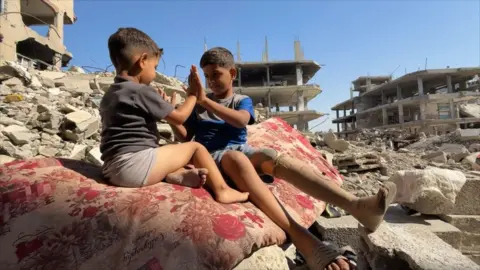
Israel has repeatedly accused Hamas of prolonging the war by refusing to release Israeli hostages, saying the organization – banned as a terrorist group by the UK, US and EU – used civilians as human shields in Gaza. More than 68,000 people have been killed since Israel invaded Gaza, according to the territory’s Hamas-run health ministry.
Israel’s invasion followed an October 7 attack by Hamas in Gaza that killed more than 1,200 people, mostly Israeli civilians, and took 251 hostages. Since then, arrest warrants for alleged war crimes have been issued by the International Criminal Court against Mr. Netanyahu and former Defense Minister Yoav Galant, as well as Hamas military commander Mohammad Def, although Hamas later confirmed that he had been killed in an airstrike.
20 living Israeli hostages were freed from Gaza amid ongoing efforts to recover the remains of the dead as Trump signed the cease-fire deal. Israel released 250 Palestinian prisoners who had been convicted of crimes against Israelis, including murder and assault, and about 1,700 prisoners in Gaza held by Israel without charge.
When I asked Rani Rania if she believed that lasting peace was possible, she said that this hope was not naïve, but a form of defiance.
“I really believe that Palestinians and Israelis can live side by side,” she said. “In the current environment, there is a lot of animosity, a lot of anger and sorrow and hatred and cynicism between the two peoples to make peace on their own. I am not naive here. But I think because of the pressure of the international community, this is the only way.
“Many times over the past two years, hope has seemed elusive. Choosing hope has not been easy… it’s hard, it’s heavy. But it’s the only path that doesn’t reject the Palestinians or betray their struggle or our humanity.”
With additional reporting by Alice Doyard, Suha Kawar, David McIlveen and Liam Connell.

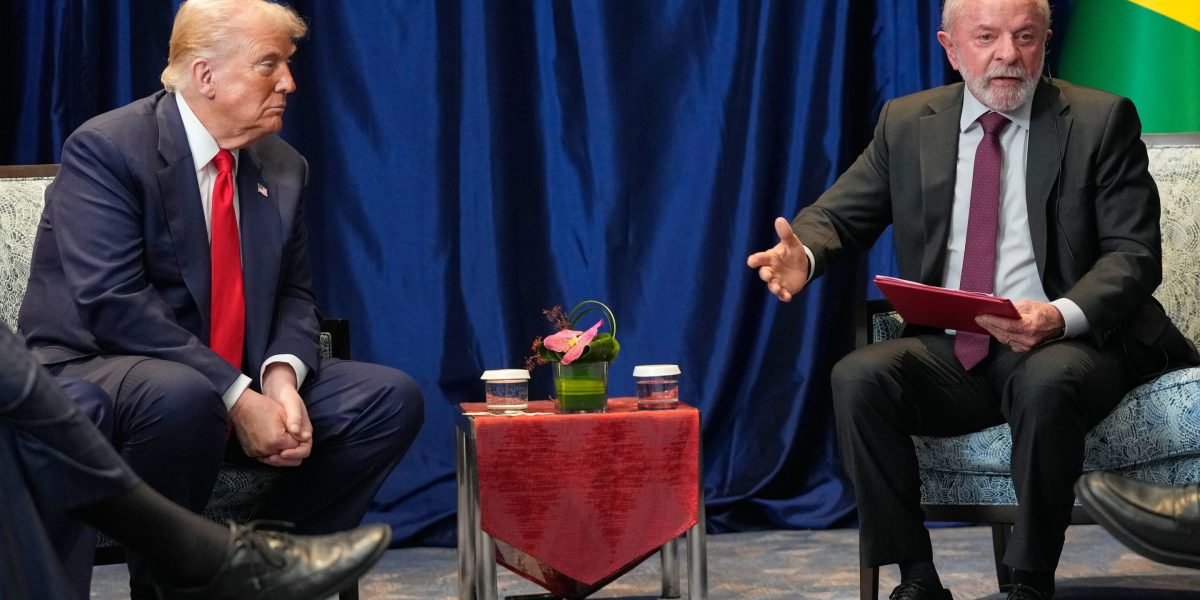

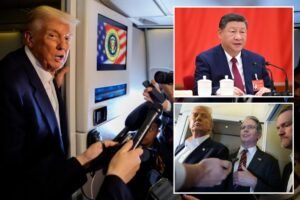






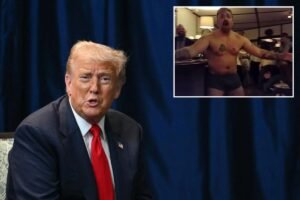


Post Comment